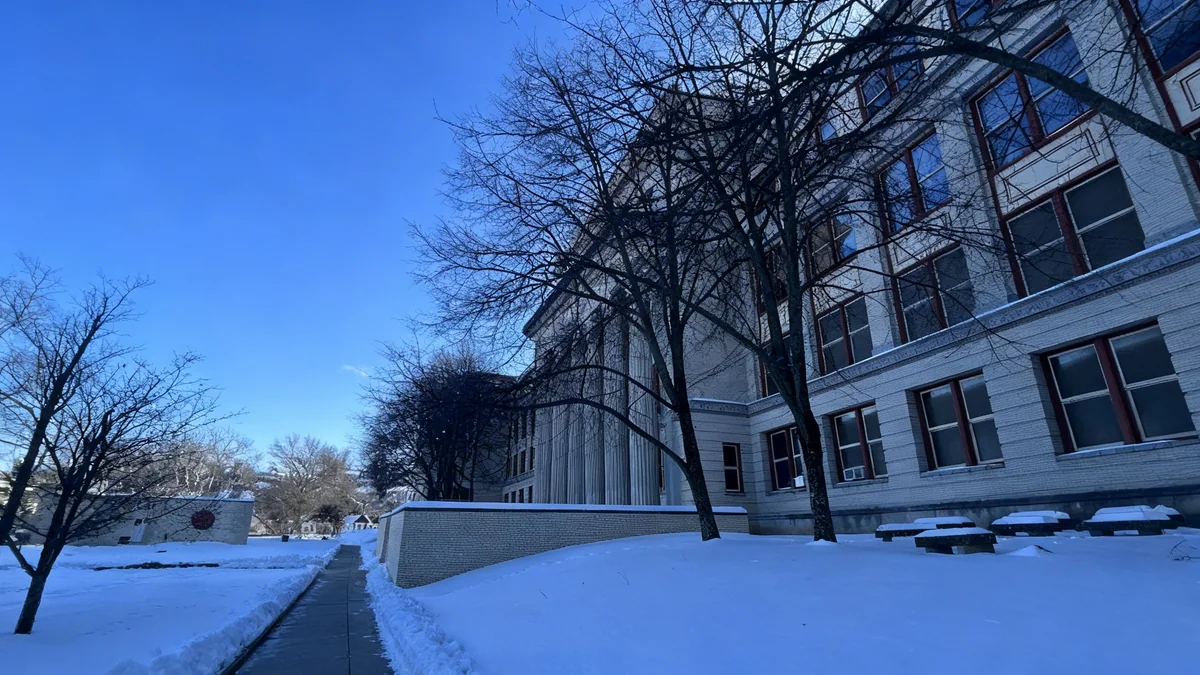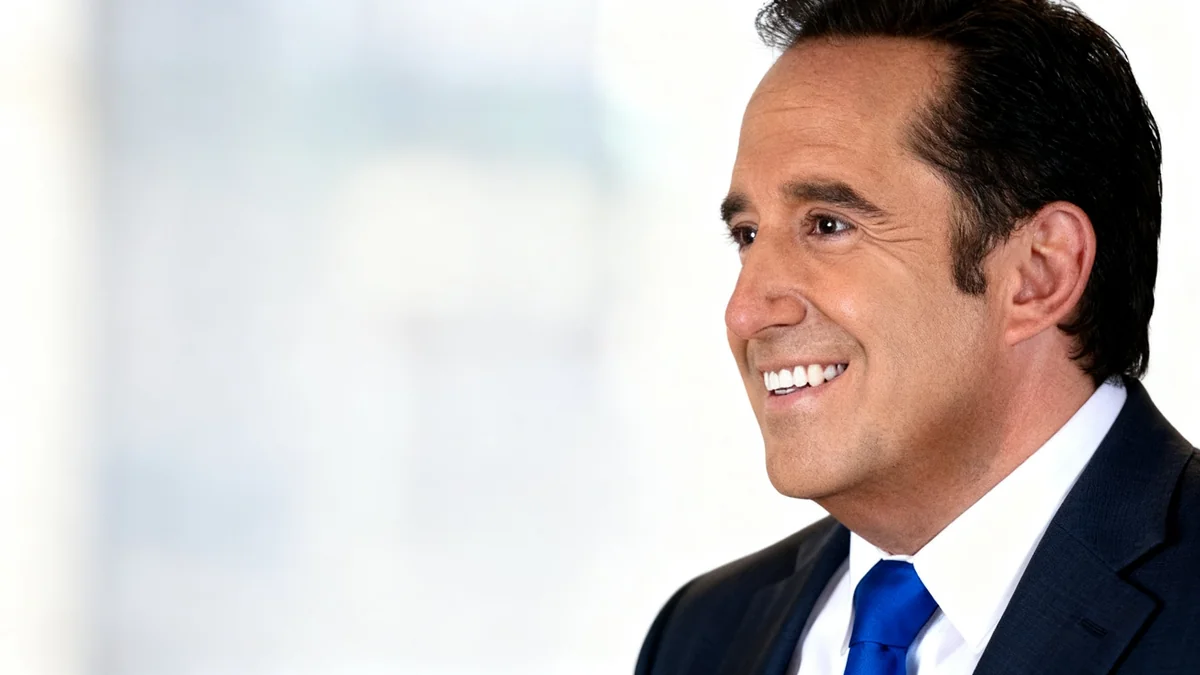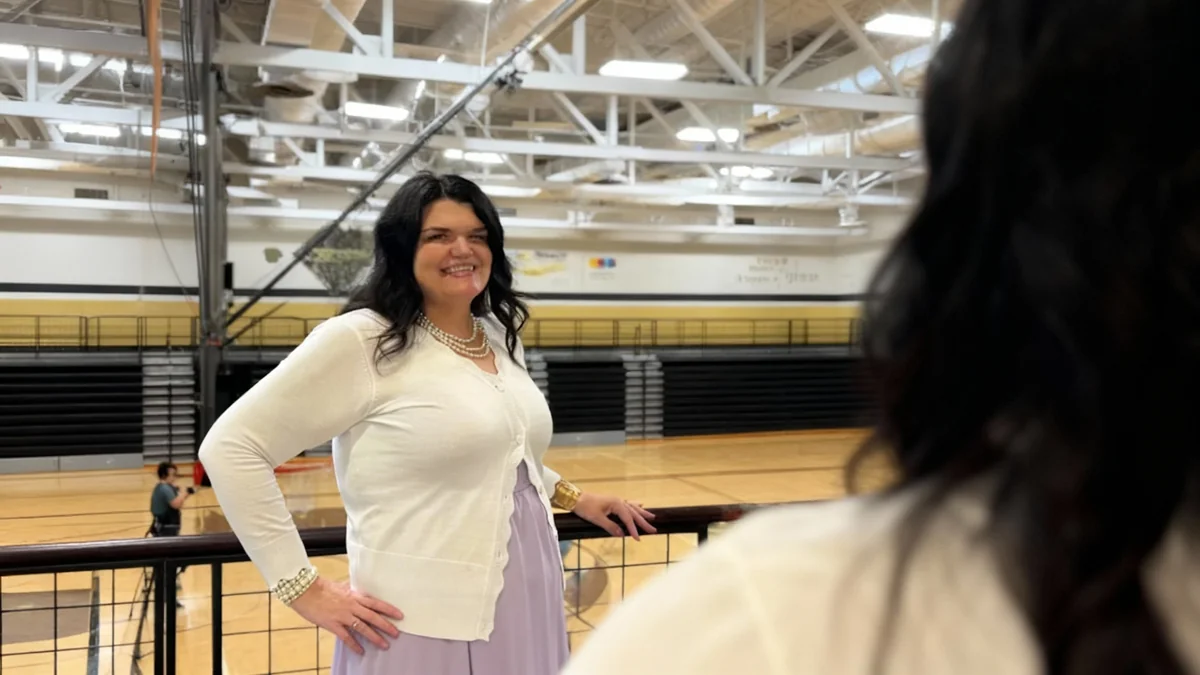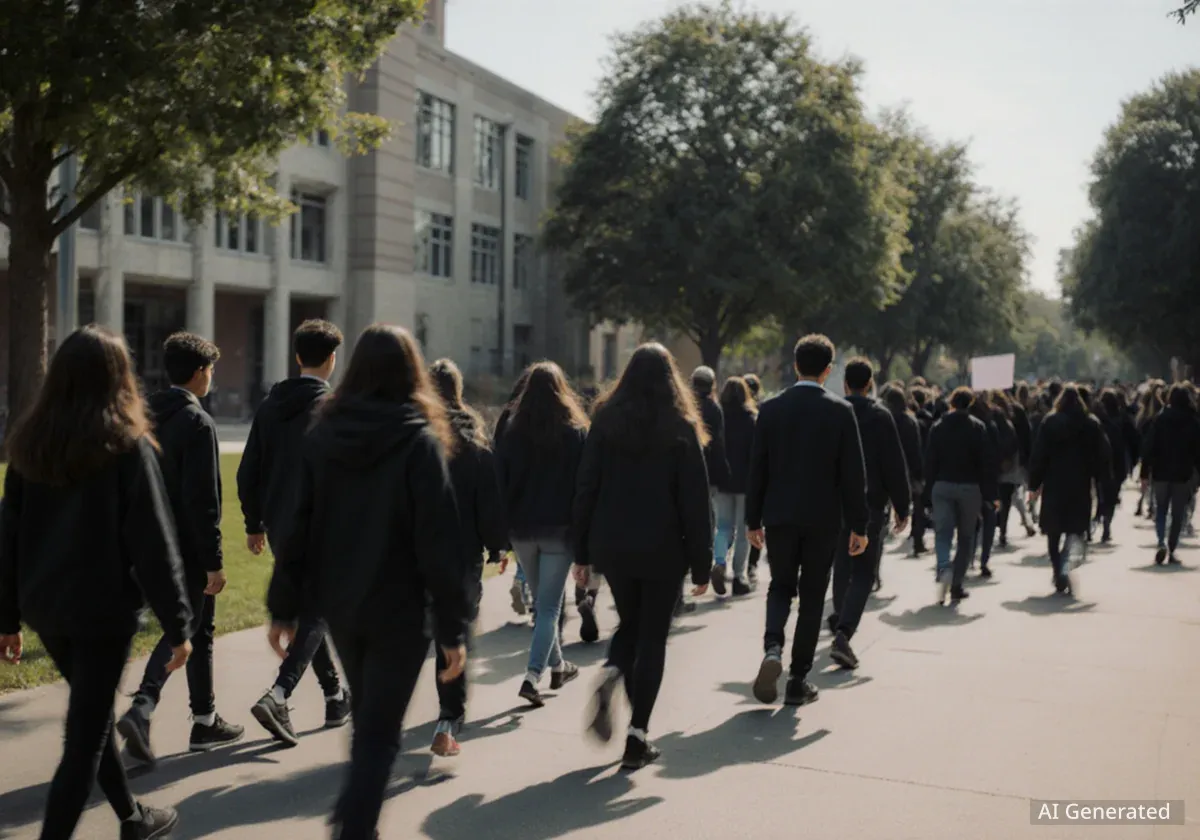Two of Washington's most prominent health and research institutions, Fred Hutchinson Cancer Center and University of Washington Medicine, have temporarily stopped sponsoring H-1B visas for new foreign workers. The decision follows the announcement of a new $100,000 federal fee, creating significant uncertainty for organizations that rely on international talent.
Key Takeaways
- Fred Hutchinson Cancer Center and UW Medicine have paused new H-1B visa petitions.
- The halt is a direct response to a new $100,000 fee and federal policy uncertainty.
- This policy change affects the recruitment of specialized foreign scientists, doctors, and researchers.
- The suspension applies only to potential new hires and does not impact current employees.
Major Institutions Suspend Visa Sponsorships
Fred Hutchinson Cancer Center, a leading employer of H-1B visa holders in Washington's healthcare sector, has confirmed its decision to pause new sponsorships. The University of Washington's medical institutions have adopted a similar stance, signaling a significant shift in hiring practices for the region's top medical facilities.
The halt is a precautionary measure taken in response to a volatile federal immigration landscape. A spokesperson for Fred Hutch clarified that the pause is temporary and specifically targets new applicants. Current employees with H-1B status are not affected by this change.
Understanding the H-1B Visa Program
The H-1B visa is a non-immigrant visa that allows U.S. employers to temporarily employ foreign workers in specialty occupations. These roles typically require a bachelor's degree or higher in a specific field, making the program crucial for sectors like technology, medicine, and scientific research to fill highly specialized positions.
Federal Policy Shift Creates Uncertainty
The primary driver for this decision is a new federal policy introducing a substantial fee for H-1B visa petitions. The Trump administration announced a fee of $100,000 per application, a dramatic increase that has sent shockwaves through organizations dependent on the program.
Claire Hudson, a spokesperson for Fred Hutch, commented on the institution's reasoning for the pause.
"The decision is attributed to the rapidly changing federal situation around employer sponsorship of immigrant workers."
This statement highlights the broad uncertainty that the new fee and associated policy changes have created. Many organizations are now re-evaluating the financial feasibility and logistical challenges of hiring foreign talent.
A Significant Financial Hurdle
The new policy mandates a $100,000 fee for each H-1B visa petition an employer sponsors. For institutions that hire multiple foreign specialists annually, this could translate into millions of dollars in new, unbudgeted expenses.
Impact on Seattle's Research and Healthcare Landscape
Seattle is a major hub for biomedical research and advanced healthcare, and institutions like Fred Hutch and UW Medicine are global leaders. Their ability to attract the world's best and brightest minds is central to their success. Historically, the H-1B visa program has been a critical tool for recruiting top-tier international talent.
The suspension of sponsorships could create significant challenges in filling key roles. These positions often require unique skill sets that are in high demand globally. Without access to the international talent pool, progress in critical areas like cancer research and patient care could be affected.
Roles Typically Filled by H-1B Professionals
Specialized positions in medical research and healthcare often filled by H-1B visa holders include:
- Postdoctoral Research Fellows
- Staff Scientists with specialized expertise
- Bioinformaticians and Data Scientists
- Physician-Scientists
- Specialty Surgeons and Clinicians
Broader Implications for U.S. Competitiveness
The situation in Seattle reflects a larger national concern. Research institutions and technology companies across the United States rely heavily on the H-1B program to maintain a competitive edge. The introduction of prohibitive fees and an unpredictable policy environment may lead international experts to seek opportunities in other countries with more welcoming immigration policies.
This could have long-term consequences for American innovation and scientific leadership. As organizations pause their sponsorship activities, the immediate effect is a disruption in recruitment pipelines. The long-term risk is a gradual erosion of the talent base that has fueled much of the nation's scientific and economic progress.
While Fred Hutch and UW Medicine have described their pauses as temporary, the duration remains uncertain. The future of their international hiring programs will likely depend on further clarifications or modifications to the new federal policies. For now, the healthcare and research communities in Washington and beyond are watching the situation closely.





